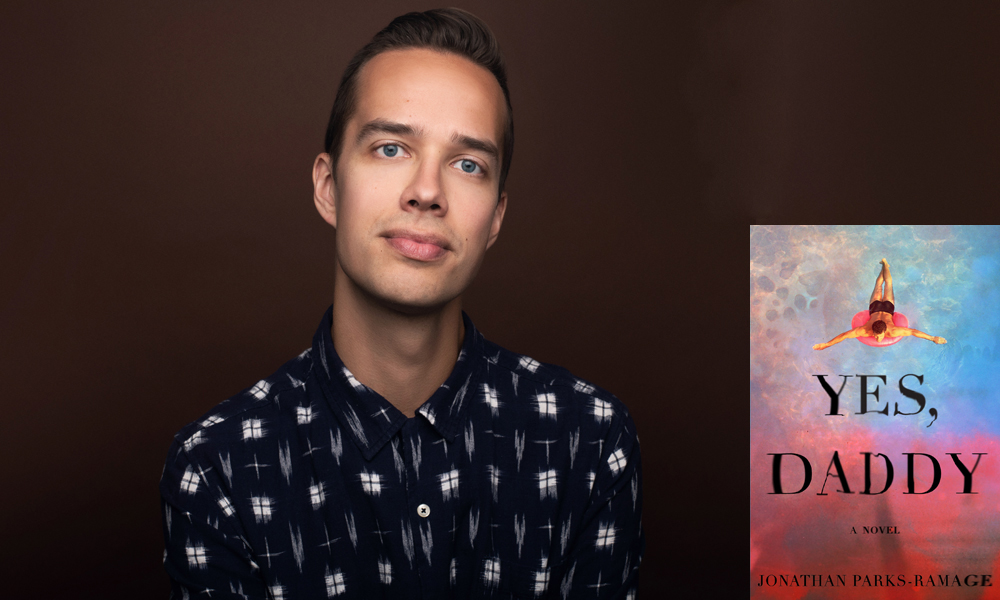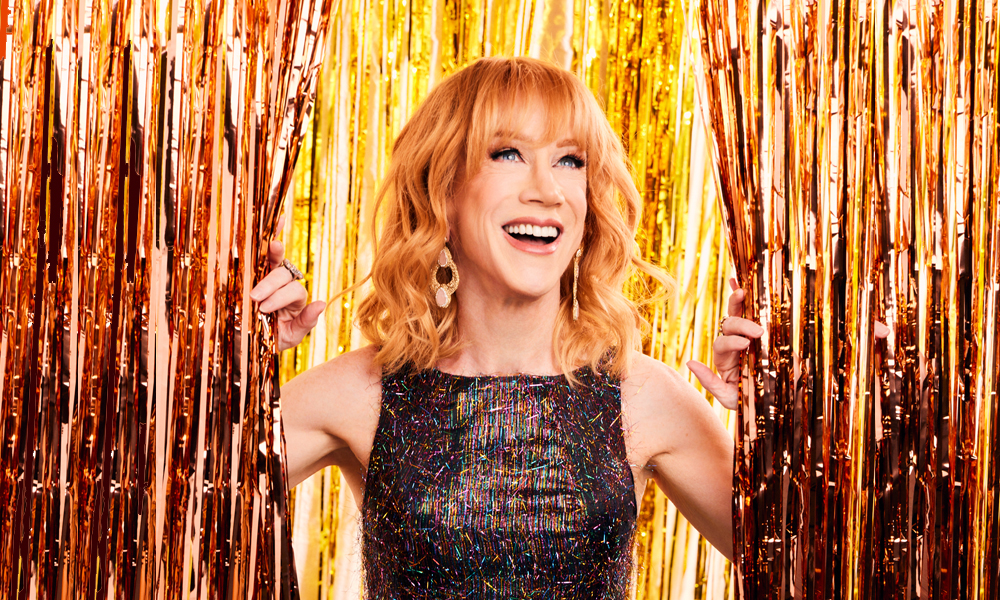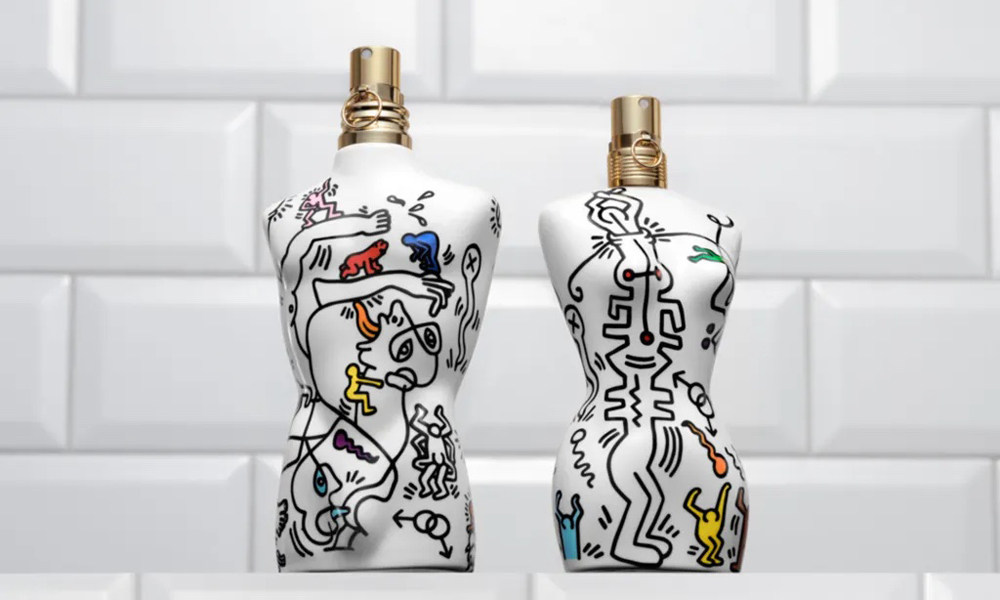His debut novel is as enthralling as it is disturbing…
By Paul Gallant
Before I started reading Yes, Daddy, the debut novel by the American writer Jonathan Parks-Ramage, I had heard that it was being turned into a limited series by Amazon Studios. So I read it like I was binging on a TV melodrama, and, oh, what a binge it was.
Jonah, a hunky, ambitious and somewhat desperate gay waiter/aspiring writer in New York, orchestrates a meet-cute with a rich and influential playwright (yeah, yeah, insert joke about rich playwrights here). So far it could be one of those pulpy gay novels from the 1990s, chronicling the habits of a newly empowered queer community and how it likes to spend its pink dollars. Jonah then finds himself ushered into a world of wealthy and cultured older gay men, a world that’s thrilling and, eventually, frightening. Just like Jonah, the reader is seduced by what money can buy, then shocked by what the “bill” looks like.
“There are the trappings of this young aspiring writer who’s broke, who is brought to this glamorous Hamptons compound for what he thinks is going to be a fabulous summer, but things take a much darker turn. I wanted to draw the reader in, in the way that our narrator was drawn in,” Parks-Ramage tells me when I reach him on the phone from his home in Los Angeles.
Reading any given page of Yes, Daddy, it’s impossible to predict what will happen next. But since the prologue opens with a sexual assault trial, I’m not spoiling anything by saying that Parks-Ramage balances a mood of lurid gothic horror with a serious gay spin on the #MeToo movement, where the exploitation is fuelled not by gender but by money, power and even religion.
When he was in his 20s, Parks-Ramage himself was an ambitious writer who had arrived in New York hoping to strike it big (he moved to California about seven years ago). So I have to ask him how much of the story is drawn from real life.
“I dated a lot of older, wealthier, famous men in my early 20s, and I always considered writing about that experience because there’s a lot to unpack there, especially now that I left that chapter very far behind,” he says. “This novel is a book that’s very personal, but not autobiographical. There are a lot of things that I’m exploring, looking back on my own life, then filtering them through a fictional lens. But there’s definitely a lot of me in it.”
Indeed, the restaurant where Jonah works is based on a restaurant where Parks-Ramage worked when he first arrived in New York. “It’s like a gay upscale Hooters, if you will. It’s populated by very wealthy gay men who pay top dollar to eat okay food and then also sexually harass all the servers. I was literally sexually harassed and assaulted by patrons and the owner of the restaurant was, like, ‘That’s just what it means to be gay.’”
The sexual freedom and experimentation that can be part of gay life, and which informs how many gay couples live their lives together, further clouds the definitions of consent. The grey area in same-sex relationships can seem greyer than in relationships between men and women, where more conventions exist, even when straight men pretend to be oblivious to them. When a gay man willingly enters, say, a dungeon playroom, is he automatically giving consent to everything that might happen there?
“There’s a lot of sexual freedom in certain corners of gay culture, which is really beautiful, and we should really celebrate that,” says Parks-Ramage. “But, you know, with great freedom comes great responsibility. Even when navigating those kinds of sexually charged spaces, I think it’s still really important in those moments to make sure we’re also navigating consent and making sure that everyone’s having a good time.”
Parks-Ramage started writing the novel in 2016, about a year before sexual harassment allegations (and later charges and convictions) against straight Hollywood mogul Harvey Weinstein brought the idea of #MeToo to wide public attention. The biggest gay #MeToo, allegations by actor Anthony Rapp against Kevin Spacey, broke in 2017. “When those stories started hitting the press, it also shaped the novel. I was writing it in kind of real time. Suddenly I realized, ‘This is going to be a story about sexual abuse and assault within queer relationships. But I also wanted a portion of the book to take place years after the assault happens so our narrator is forced to reflect back on this experience.”
A few years ago, Parks-Ramage wrote about his real-life experiences of being diagnosed with and treated for testicular cancer. As in Yes, Daddy, there is humour as well as therapy in how he navigates the territory. “I don’t want to like lump all trauma together, but I do think that if something traumatic happens to you, there can be the impulse to lock it away in a box, and try to pretend like it never happened. But the danger of the denial is having that trauma bubble up in either subconscious or conscious ways that affect the way you treat others, the way you treat yourself, the way you move through the world,” he says.
His days of dating older men seem to be over. He’s been in a relationship with Ryan O’Connell, the 34-year-old producer and star of Netflix’s Special, since 2015. Theirs is a classic California meet-cute: at a birthday party for Grimes, the Canadian musician and partner of kooky billionaire Elon Musk. Parks-Ramage and O’Connell have established a creative as well as a romantic connection. “He’s actually a very important sounding board for me, and vice versa. Whether it’s a book or screenplay or article, we usually bounce pretty much everything back and forth. We both really love each other’s work. It’s helpful to have that person who can give you a little outside perspective.”
Stephen Dunn, the gay Canadian director who is in charge of the upcoming reboot of Queer as Folk for the Peacock streaming service, has been tapped to direct the television adaptation of the book for Amazon Studios; the release date is yet to be determined. Parks-Ramage shopped the unfinished book around Hollywood at the same time he was shopping it around to publishers; he signed his book deal and TV deal almost simultaneously. Openly gay TV exec Patrick Moran helped make it happen.
“It’s good to have queer collaborators who understand the world and also understand the sensitivity required by the subject matter, collaborators you feel you can trust and that you don’t have to explain anything to,” says Parks-Ramage.
—
PAUL GALLANT is a Toronto-based writer and editor who writes about travel, innovation, city building, social issues (particularly LGBT issues) and business for a variety of national and international publications. He’s done time as lead editor at the loop magazine in Vancouver as well as Xtra and fab in Toronto.






POST A COMMENT